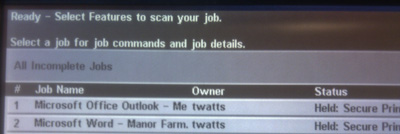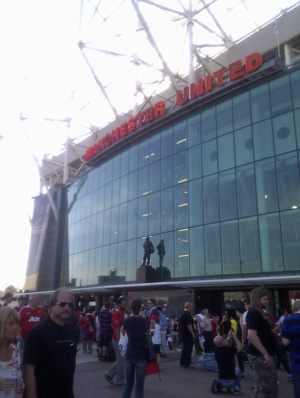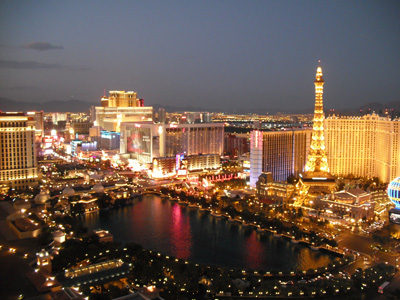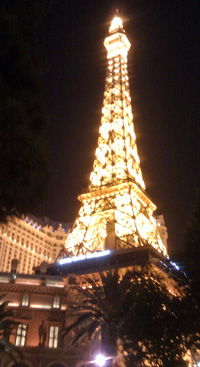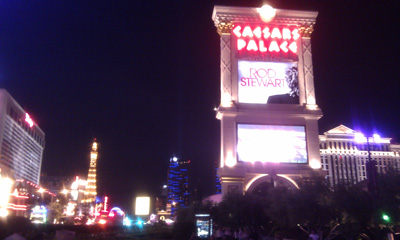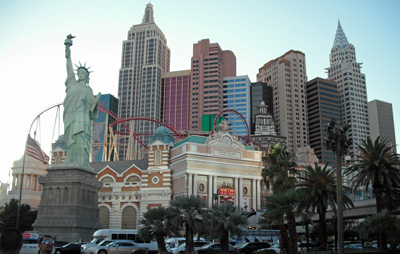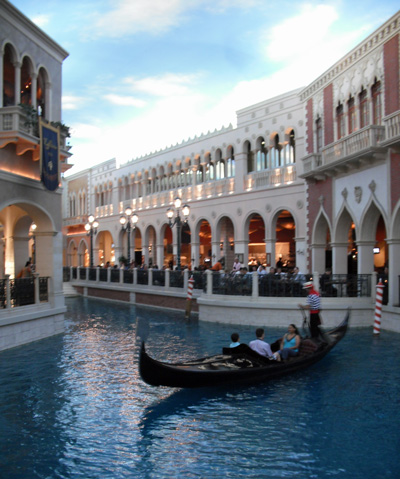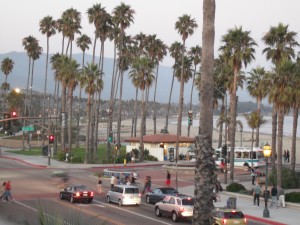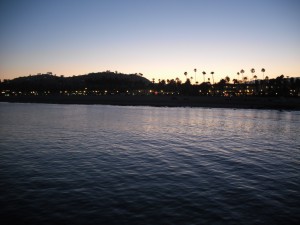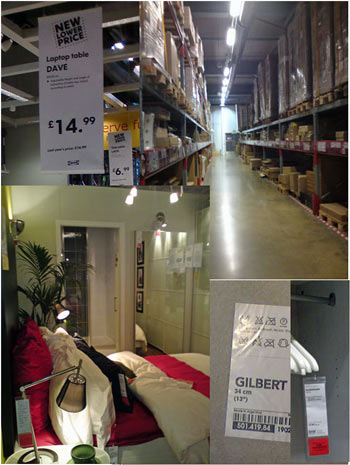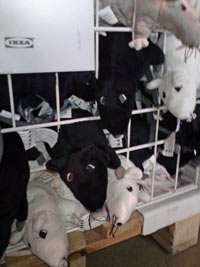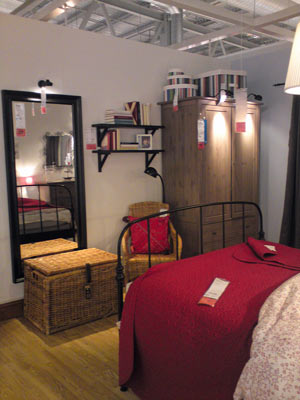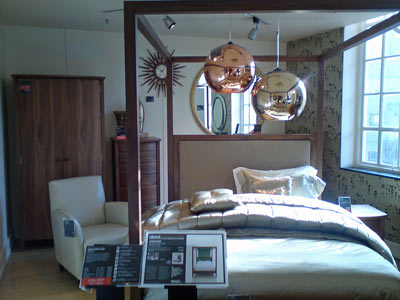I had one of those metaphorical comic-book light bulb moments the other day while walking to the station. I realised what my novel, The Angel, is really about. That might seem odd as I’ve been working on it for so long but, perhaps, it’s because I’ve stood a back a little recently from the novel and possibly the Transmission project made me think more objectively about its structure (see lots about structure in the post below).
It won’t be a spoiler to discuss the basic plot premise of the novel to any of the growing band of readers who’ve become familiar with the draft in some shape or form or, in fact, to any reasonably long-standing readers of the blog  (I love all of you!). However, if you do really harbour aspirations that, come the hopefully glorious day, you’d like to approach the novel completely fresh then stop reading here.
The engine of The Angel’s plot is a triangular relationship. James and Emma are married and, outwardly, are a successful, attractive, high-achieving couple who ‘have it all’. Then James meets Kim, a German artist. Superficially, Kim is as alternative as James is conventional.
The dilemma that James faces in the novel is choosing between the two. He’s already embarked on a safe, traditional, reasonably satisfying but ultimately stultifying relationship with Emma, largely based around materialism and consumerism that reflects their professional status. Kim is a catalyst who makes James confront his latent dissatisfaction with his existing relationship.
James has to consider whether he opts to make a risky choice and pursue Kim. While he loves her unconventionality, he’s aware of some difficult baggage from her past. He thinks he feels instinctively  closer to Kim but doesn’t know if that’s a case of the grass being greener. And, of course, there are no guarantees. Even if he was to hedge his bets and try and engineer an affair with Kim (and that makes the huge assumption she’d be willing to) he runs the danger that he’d destroy his reasonably tolerable marriage for something that might only turn out to be a brief fling. This dilemma may be more complicated if James isn’t aware of the full picture — can he be so sure about Emma’s commitment and the enduring stability of his marriage?
Perhaps this situation reflects the sort of universal dilemma about risk and reward that most people have faced at some time — why Mephistopheles is required to broker a Faustian pact on one hand or as Kylie Minogue sang Better the Devil You Know on the other? Also, this kind of choice is certainly not exclusive to relationships — one might argue the current economic crisis is because the entire worldwide financial sector chose reckless thrill-seeking over stolid domesticity. However, when these choices involve human relationships, emotional responses are heightened. I deliberately chose adultery as a subject because it’s one of the few remaining conflicts within established relationships that triggers strong feelings.
The appeal of the story notwithstanding, it’s been something of a puzzle to me how I’ve come to write a novel and sustain my interest in it so long that has, in this respect, no direct parallel experience in my own personal life (the triangle dynamic is definitely not a case of ‘write what you know’). Ironically,if I’d been consumed by the emotional stress of prevaricating between two romantic partners then I doubt I’d have had the time to write a novel about it. Â Yet the novel has felt very personal and it’s finally dawned on me that James’s situation and much else in the novel directly relates to the situation I’ve found myself in while writing it with the difference that James’s dilemma is a metaphor.
For me, the dilemma is between the ‘day job’ (Emma) — a career that probably looks quite planned and reasonably successful from the outside, not badly rewarded, fits my (technical) skills but is something that maybe I’ve fallen into doing. Kim is the writing — risky, economically a basket case, but a choice that I appear to be irresistibly and instinctively drawn towards. And at this stage it’s only a flirtation — a few encouraging responses but nothing approaching any substantial relationship and definitely no guarantee of commitment in return.
I suspect that the same is true for many writers in a similar position to me — striving to establish ourselves on the path towards Maslow’s self-actualisation while having to service the bills. In common with the fictional adulterer we’re almost illicitly wining and dining the seductive new partner and experiencing all the uncertainty, guilt, anxiety about being found out but also, perhaps, the thrill involved in juggling the two contrasting partners. Ultimately, like my character James, I don’t want to be a cheat.

